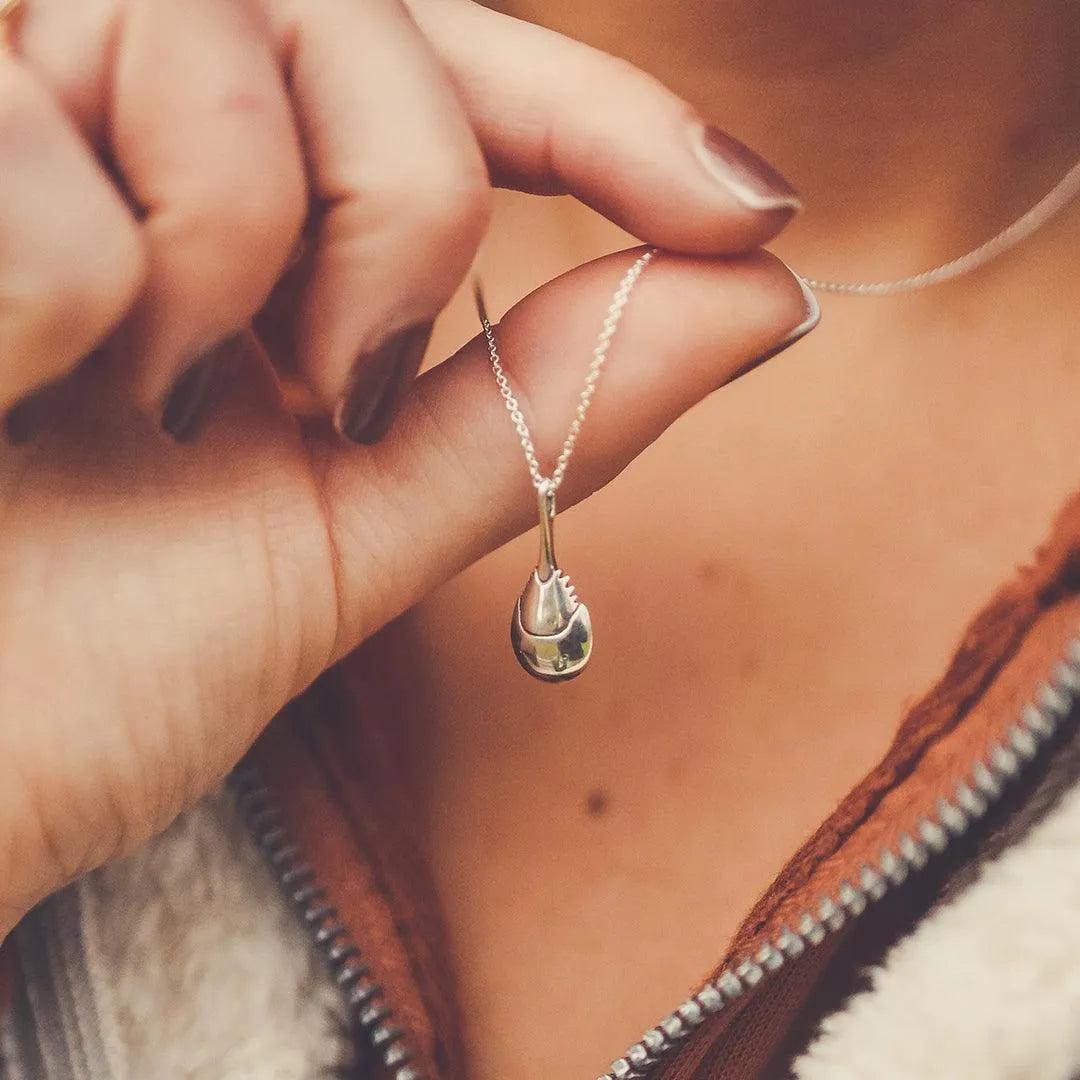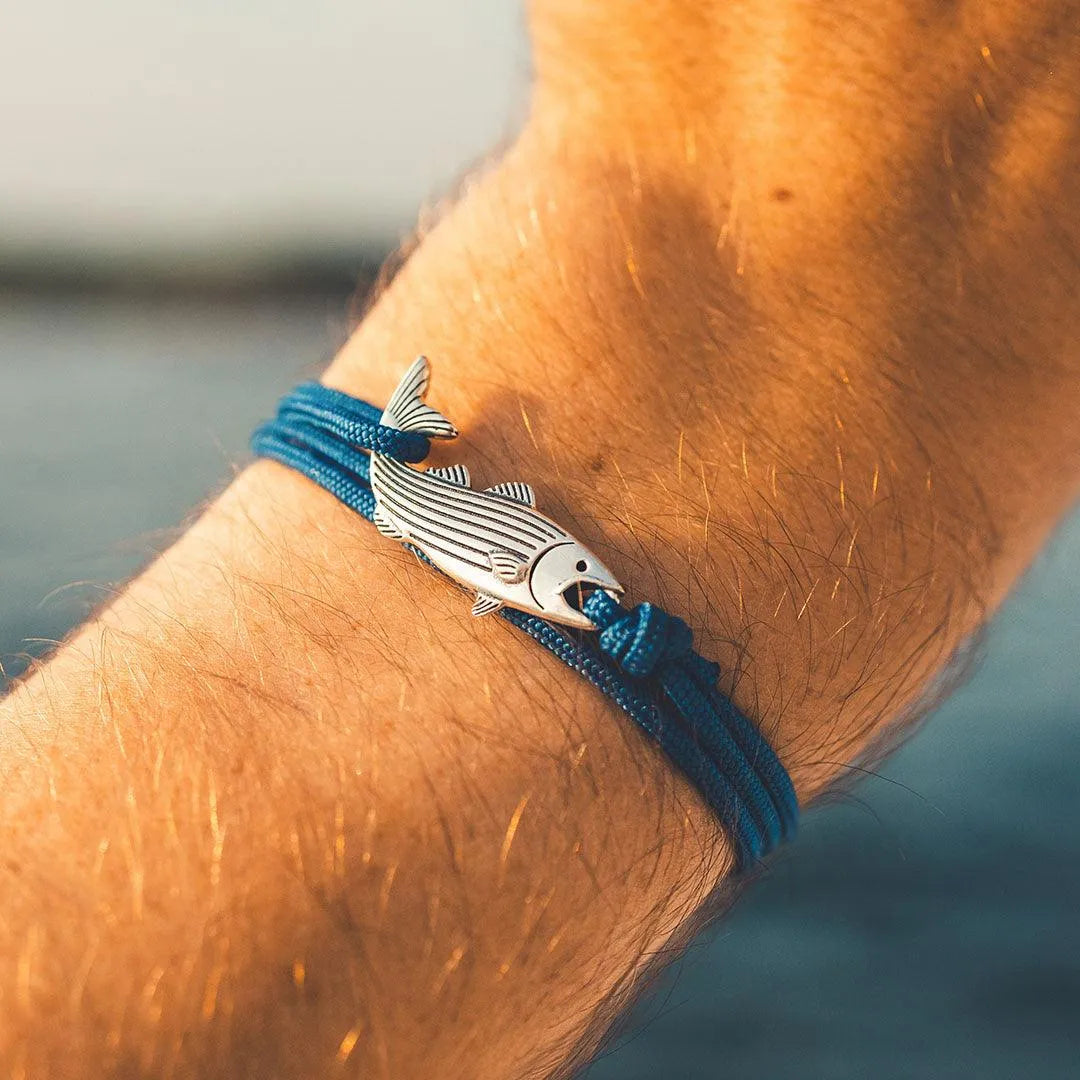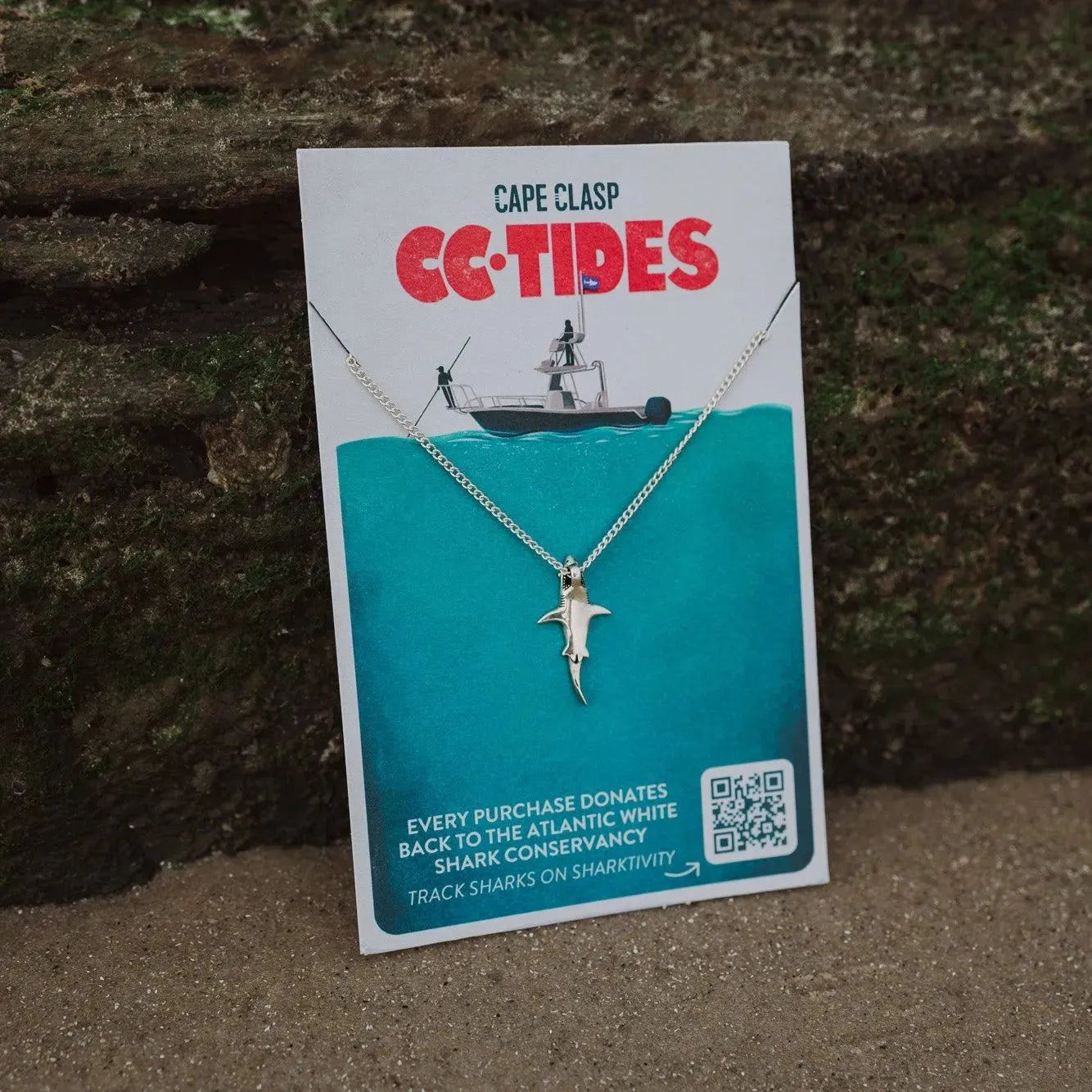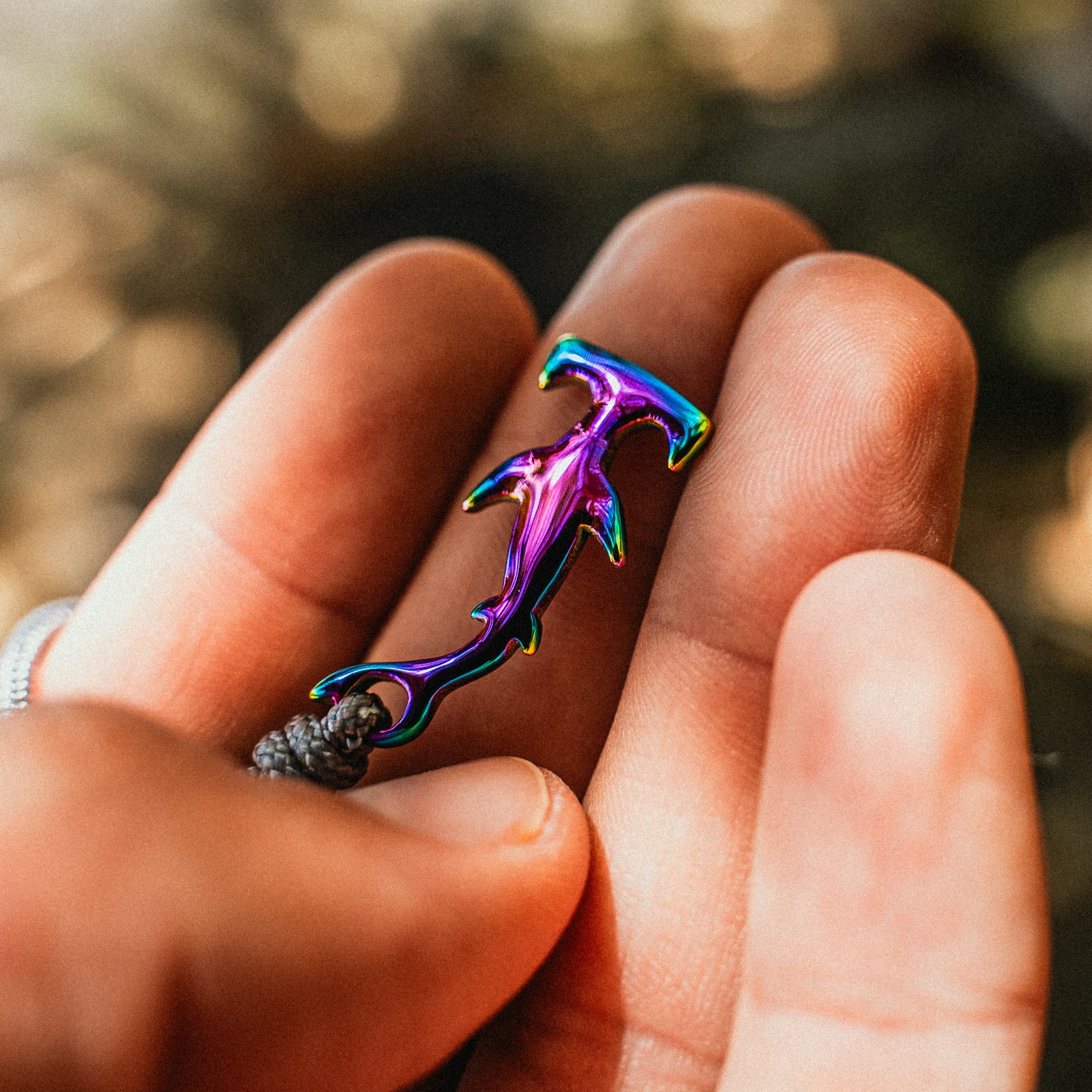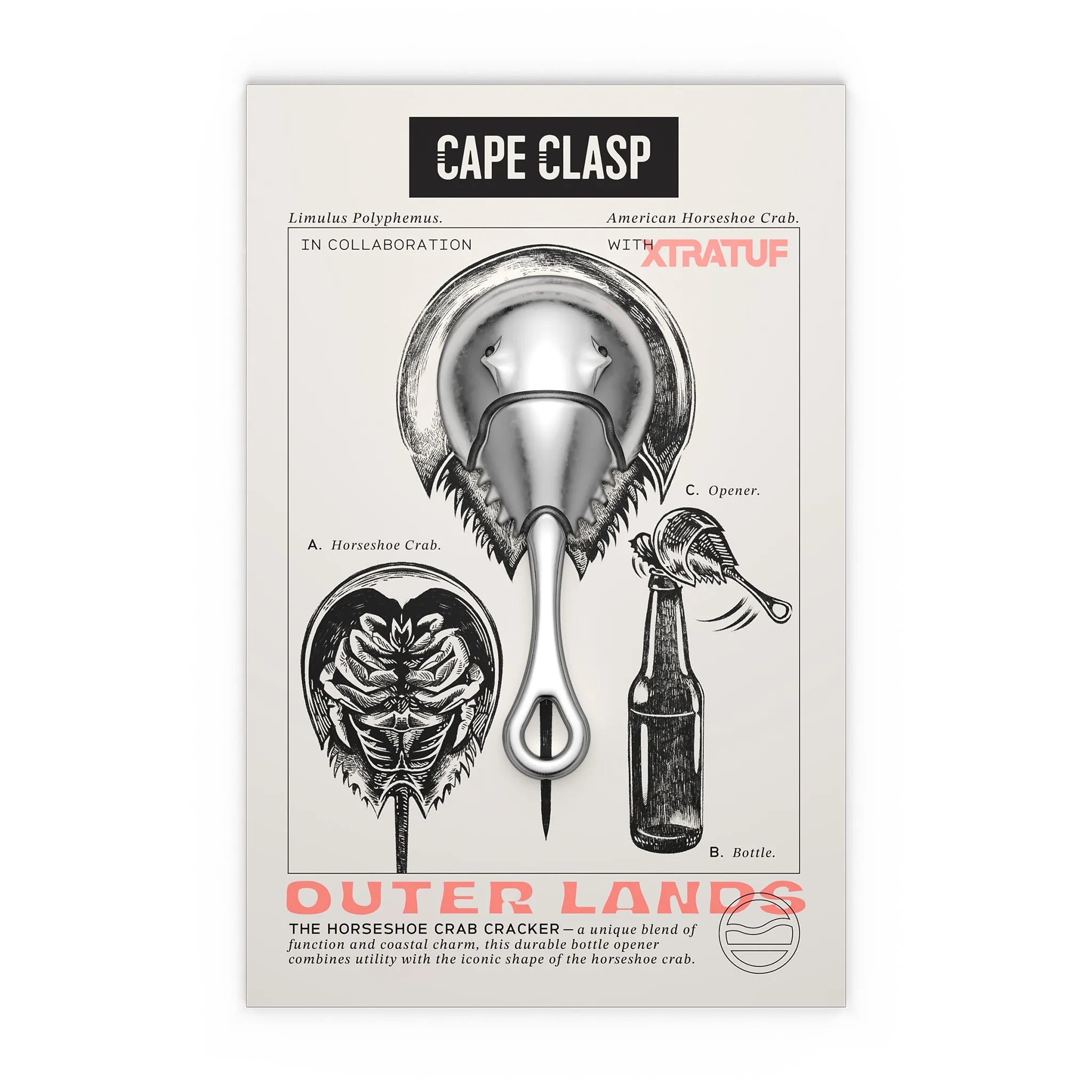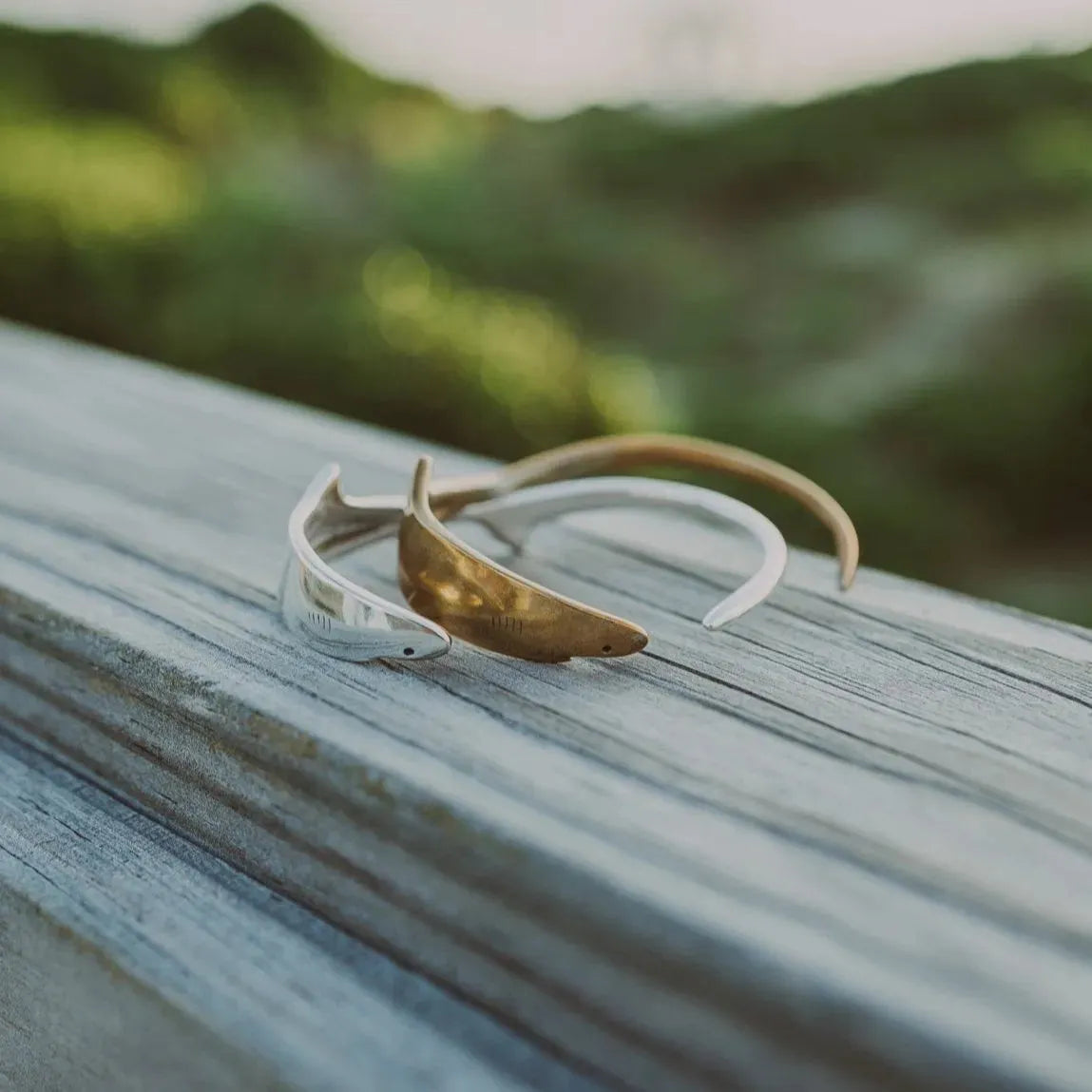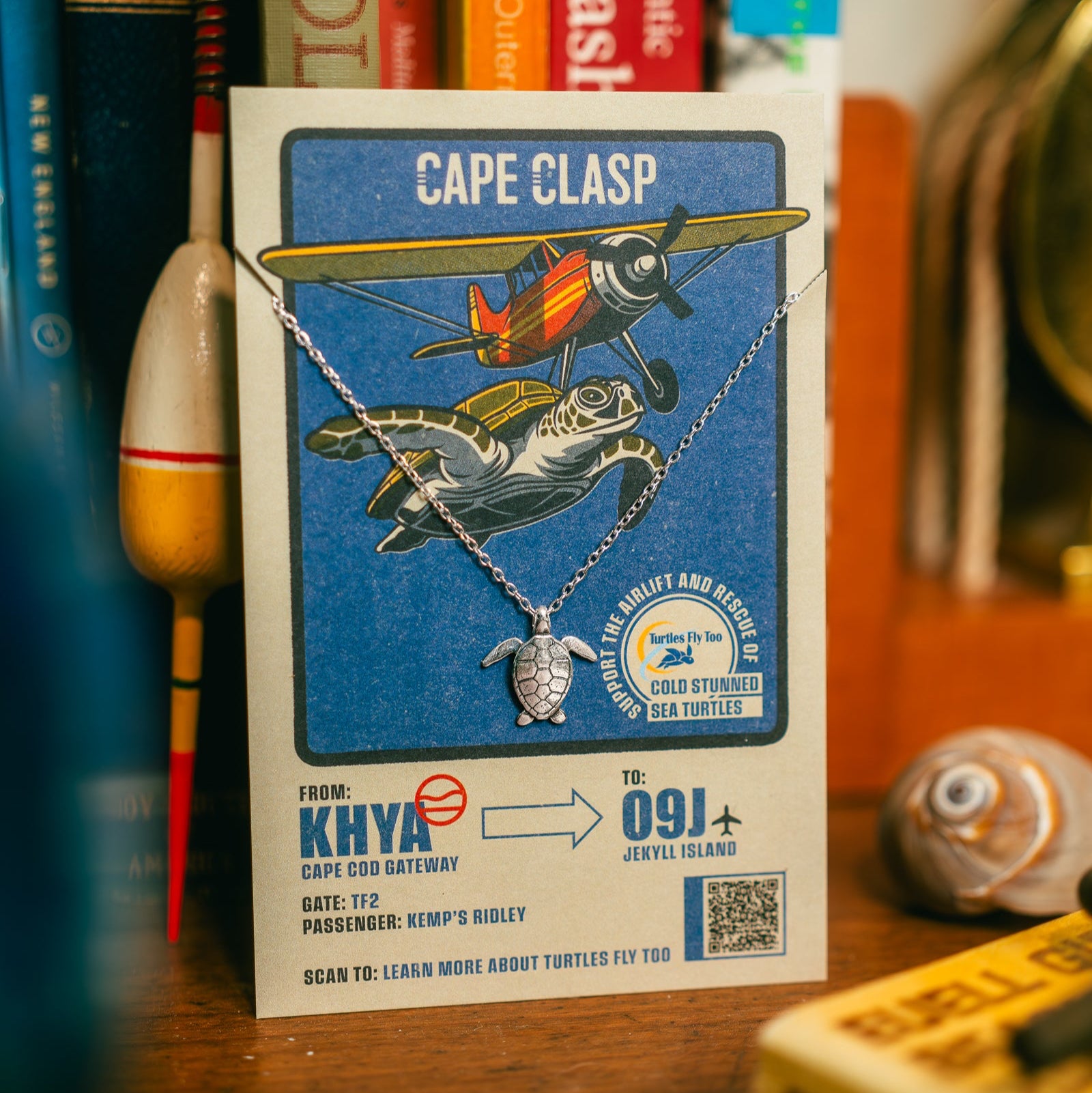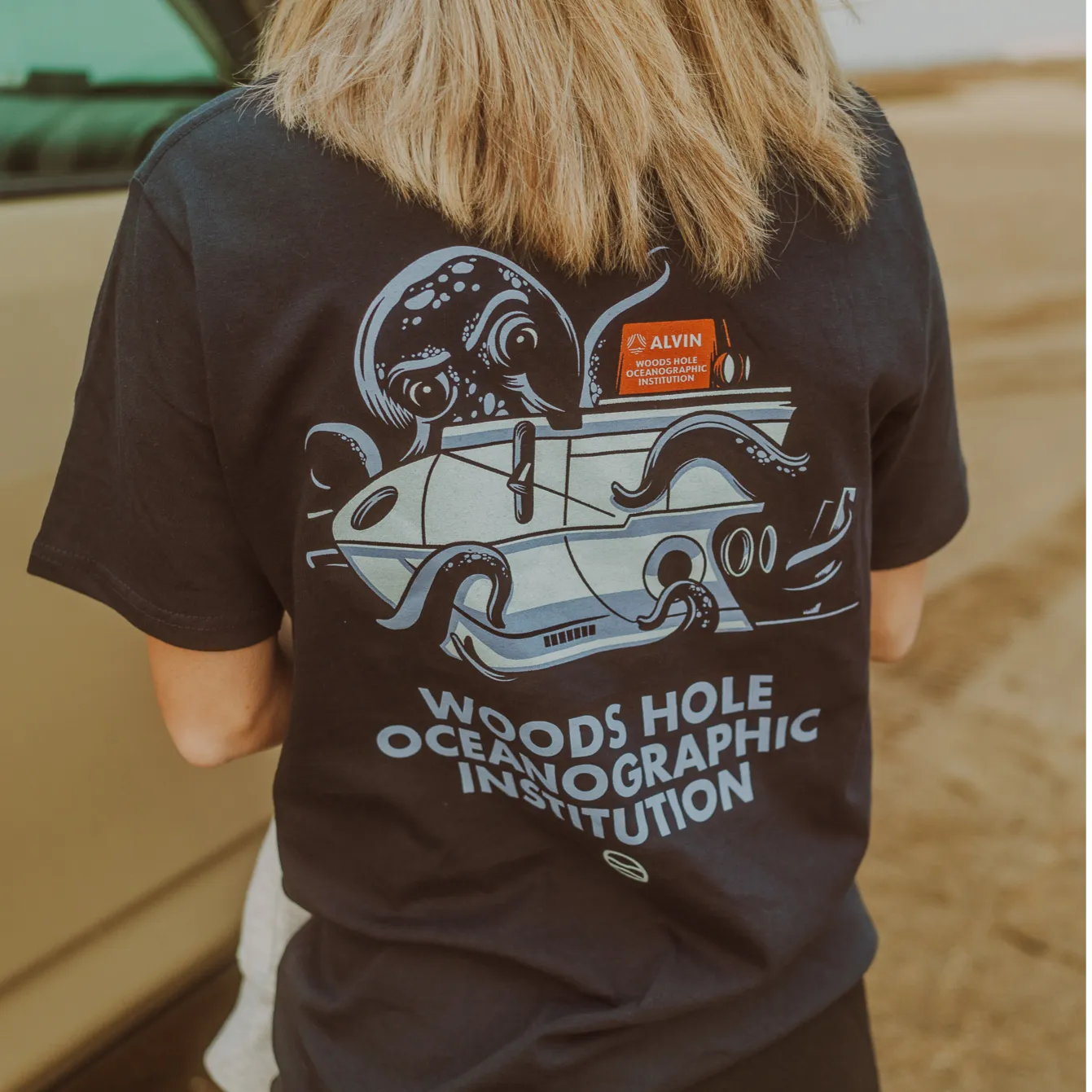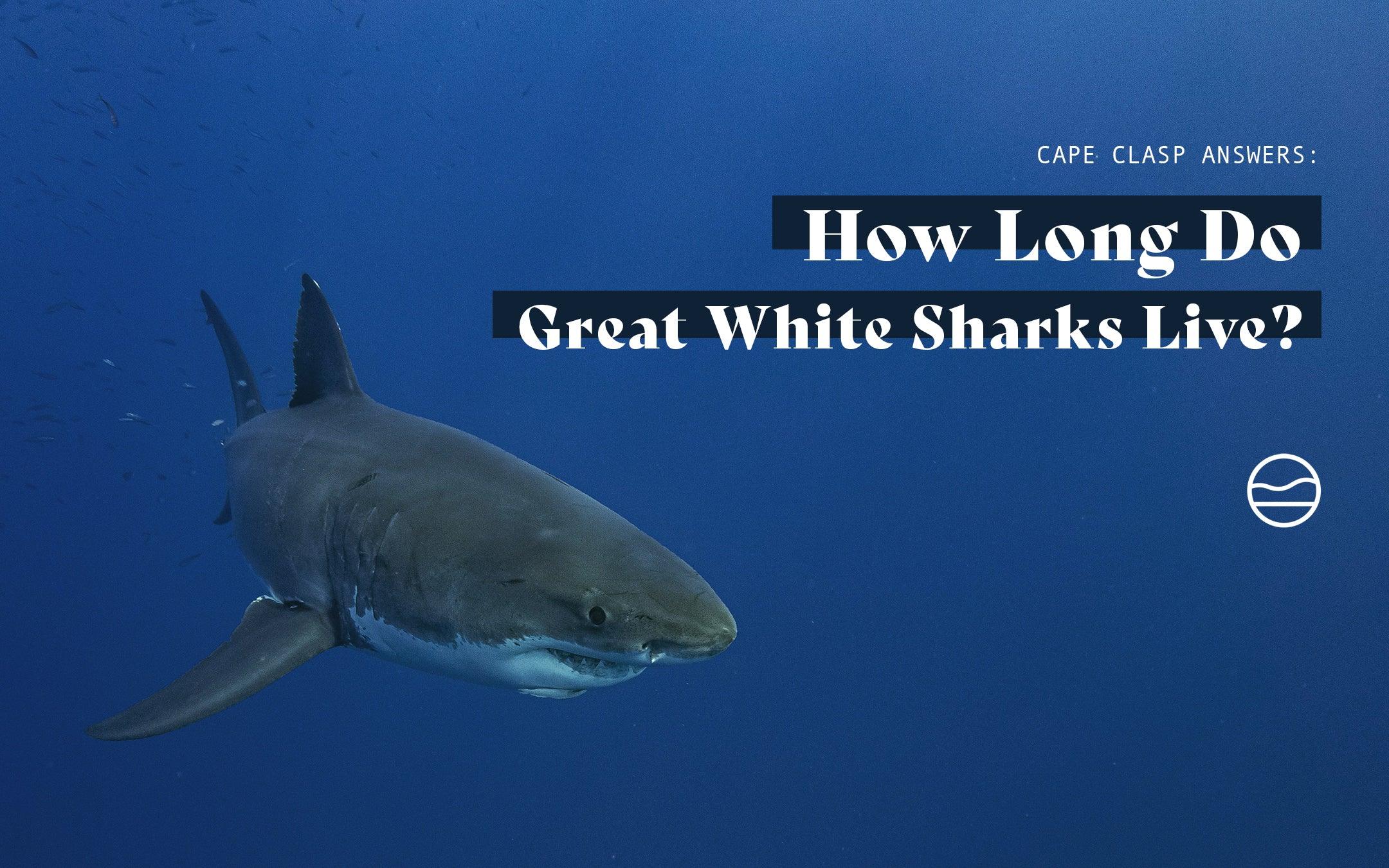
HOW LONG TO GREAT WHITE SHARKS LIVE?
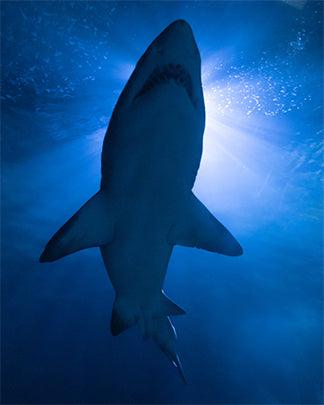
While you may not be able to identify their age just by looking at them, scientists are finding that great white sharks have longer lifespans than what they originally thought – and some of these predators are living up to seventy years or more.
Unfortunately, that longer lifespan also means it takes longer for these sharks to mature, and their population is only becoming more and more fragile. After years of people hunting these creatures for their fins and teeth, great white sharks have been labeled a “vulnerable” species.
Why Does a Longer Lifespan Make Great White Sharks More Vulnerable?
Originally, scientists estimated great white sharks to live around twenty years, but new research suggests that great white sharks are living anywhere from fifty to seventy years or more. As a result, great white sharks mature more slowly, and they take longer to reproduce.
While they mature, fishermen have been hunting great white sharks as trophies, and killing them off before they’re able to reproduce – which has led to the International Union for Conservation of Nature labeling the species as “vulnerable.”
Many countries have outlawed great white shark fishing, but others still allow fishermen to hunt them down for their fins or teeth.
How Can We Help Save the Great White Sharks?
While you may not want to encounter a great white shark face-to-face anytime soon, these creatures do play an important role in the ocean. As apex predators, they regulate the populations of other marine life, like sea lions or seals.
At Cape Clasp, we’re dedicated to keeping our great white sharks (and the oceans they live in) healthy by donating to nonprofits that help them. The organizations we donate to include:
- Atlantic White Shark Conservancy (AWSC): The Atlantic White shark Conservancy, or AWSC, has been committed to researching and supporting the great white sharks of the Atlantic ocean since 2013, especially off the coast of Massachusetts. One of this organization’s greatest accomplishments includes the development of the Sharktivity app, which helps users track information about great white shark sightings and movements.
- Beneath the Waves: Founded in 2013, Beneath the Waves works with various vulnerable or endangered species, but they’ve taken a special interest in our great white sharks. Their widespread team protects ocean life through a couple of different areas: new research, new technologies and innovation, and new ocean policies. While they conduct their own research into marine protected areas or threatened species, they also work closely with policymakers and local governments in areas where great white shark activity may happen.
- Saving the Blue: Saving the Blue is another nonprofit that centers around threatened species, but takes a special interest in endangered sharks, like great whites. Not only does Saving the Blue provide outreach into local communities or areas where these species may be, but they’re also dedicated to making sure future generations understand the importance of marine life and what they can do to help.
- The Shark Research & Conservation Program: The Shark Research & Conservation Program has a history that stretches back to 2010, and their mission is to further the research into our endangered sharks as well as equip future generations with the tools they need to support these species. Their scientific studies have revealed key findings in how great white sharks hunt, survive, and even get attacked off the coast of South Africa.
- The Bimini Sharklab: Another nonprofit that wants to support further research into endangered sharks, the Bimini Sharklab has been around since 1990, and is located off the island of South Bimini, Bahamas. Their research provides further information into the biology of our sharks as well as the role they play in the ecosystem. Bimini Sharklab works hard to share this research with other scientists as well as the public that may not understand the entire impact that sharks have on the oceans.
Final Thoughts
While great white sharks are far from the only endangered marine species out there in the deep blue, they are one of the most misunderstood. Many people may not realize the key impact they make on maintaining a healthy ocean ecosystem, or how they keep other sea creature populations from spiraling out of control. At Cape Clasp, every time we make a sale, 15% of our profits go toward nonprofits like the ones listed above.
Our collection features several shark-friendly accessories, like this Great White Clasp or our dainty Shark Fin necklace. However, you can also directly donate to any of the crucial nonprofits we’ve listed above as well!

